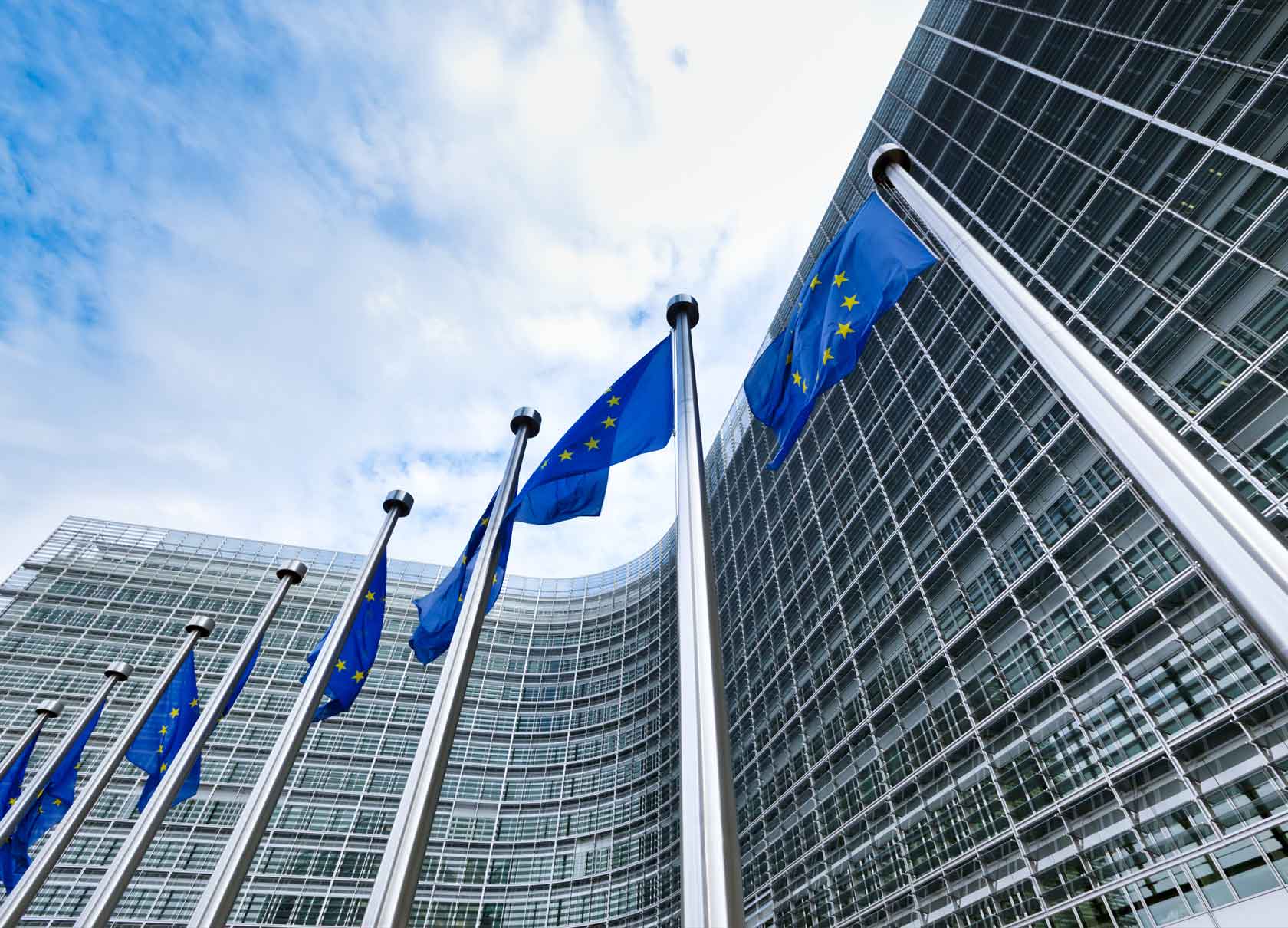
In 2016 when the UK decided to leave the EU many promises were made, one of which was how we could develop better regulation to relieve the burden for businesses. This was because EU membership required the UK to adhere to EU rules and regulations, limiting the ability of the UK to diverge.
The irony is that despite leaving the EU, the UK is still required to comply with EU rules but now must provide fully qualified vets to inspect and sign off all products of animal origin which leave UK shores. This also comes with other requirements such as additional paperwork, record keeping and systems to support the issuing of export health certificates (EHCs), port charges, customs agents’ fees… the list goes on. All of this adds cost and complexity to the system, which our government promised to reduce.
The BMPA is often asked “why do we need the EU? Can’t we simply sell more of our products on the domestic market?” To answer this it’s important to remember the meat industry works differently to most other industries. We are not buying specific parts to build a product such as a car or ingredients to make a cake. Meat processors start with the whole animal and must find a market for each part.
Income received for the cuts of meat eaten by UK consumers does not come close to covering the cost of the animal and processing. This is why a healthy export market is crucial for meat processors especially for items with little or no demand on the domestic market such as offal and animal by-products. Currently the majority of hides and skins, 80% of fifth quarter (stomach/ intestines) and 50% of red offal are exported to the EU as there is not a market here in the UK. In 2022 the value of sheep offal exported form the UK equated to £6,535,331. 95% of that value was exported to the EU. Also, at times of peak production exports are key to balancing the UK market, without which domestic livestock prices would collapse as the UK market became overwhelmed with product.
With very few exceptions, some part of every animal which is produced for slaughter in the UK will be exported to the EU. For this to be allowed, every part of the supply chain must comply with EU public and animal health rules, meaning the UK is already aligning with the EU. But because we are not legally aligned, we now must undergo additional paperwork and checks, costing UK businesses tens of thousands of pounds. This extra cost must be absorbed somewhere in the supply chain, either through lower margins or higher prices, driving food price inflation.
An example of how the supply chain continues to adhere to EU rules is the recent change the EU made to their Animal Health Regulations (AHR) to include the need for farms to receive ‘regular’ animal health visits by a veterinarian in order that the meat from those animals can be exported to the EU.
The EU does not stipulate the frequency of the visits or the method by which a farm must prove that a visit has taken place, yet the UK authorities have decided to interpret this as an annual vet visit evidenced by a Veterinary Attestation signed by the vet. There is general acceptance of the principle of regular veterinary visits, but this adds yet another layer of bureaucracy and cost.
Currently the UK is predominantly aligned with the EU and this example shows how we must remain so if we want to export to that market. However, as the UK starts to change its import regulations with the new Border Target Operating Model, divergences which may affect our export status will emerge.
Most of this would fall away if the UK were to formally align with the EU. This would remove the need for vets to certify things we are already doing, the need to provide EHCs and the need for animal and public health border checks at EU Border Control Posts. Currently, certification alone is costing the industry over £60 million per annum and, given that we are already complying but still having to jump through all the certification and SPS control hoops to prove it with no added value, alignment would save hundreds of millions of pounds.
Whilst this change cannot happen overnight it should be considered, but UK policy makers need to have a more in-depth understanding of the food supply chain and the cost implications that affect farmers, processors and ultimately the final consumer.
We are the UKs largest trade body for the meat industry and provide expert advice on trade issues, bespoke technical advice and access to government policy makers
We are proud to count businesses of all sizes and specialties as members. They range from small, family run abattoirs serving local customers to the largest meat processing companies responsible for supplying some of our best-loved brands to shops and supermarkets.
We are further strengthened by our associate Members who work in industries that support and supply our meat processing companies.
We are the voice of the British meat industry.

17 Clerkenwell Green
Clerkenwell, EC1 0DP
Tel: 020 7329 0776